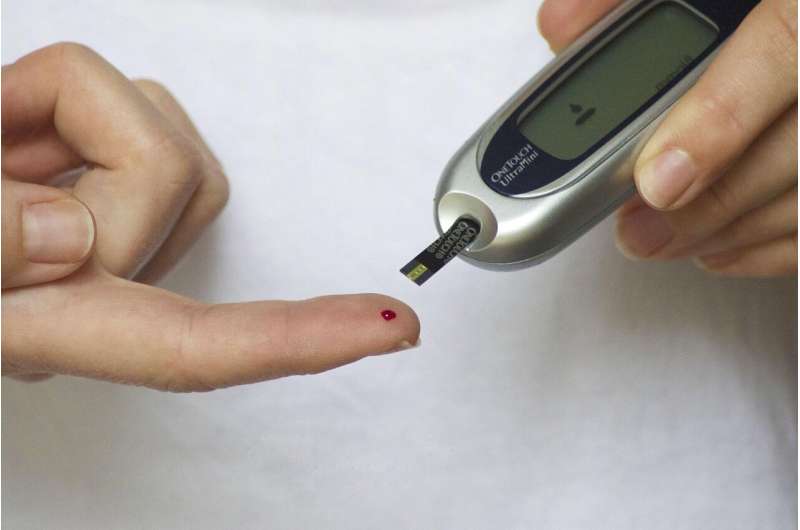
Diabetes is challenging to manage at any age, but even more so for young adults who are handling the condition on their own for the first time. They need to transition from pediatric to adult care as smoothly as possible—but a recent study finds this isn’t happening.
Research led by Katharine Garvey, MD, MPH, director of Boston Children’s Diabetes Program, shows that routine outpatient care for type 1 diabetes often decreased between ages 16 and 24. At the same time, emergency room visits to treat the condition increased for that age group. The paper is published in the journal Diabetes Care.
The study raises the concern that young adults across the country may lack a “medical home” with an endocrinologist and instead may be seeking routine care such as insulin prescription refills from an emergency department (ED), Garvey says. If anything, the research supports the idea that endocrinologists should have an integral role in diabetes management for young adults, she says, and illustrates how specialized care may prevent the need for acute care in hospitals.
Diabetes management is demanding
The daily management of type 1 diabetes can be overwhelming for young adults trying it on their own for the first time as they also balance education and work, Garvey says. Managed poorly, the condition can lead to poor glycemic control and trigger chronic vascular issues or complications such as a life-threatening increase in acidic ketones (diabetic ketoacidosis).
Aside from self-management, young adults must also transition from pediatric to adult diabetes care providers—and that’s where Garvey and her fellow researchers placed their focus. They studied health insurance claims data from 14,616 people, ages 16 to 24, with type 1 diabetes to assess where they received care: at the outpatient practice of an endocrinologist or primary care physician or at a hospital ED.
Outpatient treatment decreased, while hospital treatment jumped
The data showed that annual endocrinologist visits declined from 2.3 per year at age 16 to 1.5 per year by age 24. This data stands out, Garvey says, because previous research has shown endocrinologists are the main providers of type 1 diabetes care for most young adults with the condition.
Meanwhile, annual ED visits increased from 45% of 16-year-olds to 63 percent of 20-year-olds. That data aligns with findings from other studies that suggest young adults, regardless of condition, may be seeking routine care in the wrong setting. Conversely, those who had two or more endocrinologist visits a year were significantly less likely to have ED visits and hospitalizations.
A starting point to improving routine diabetic care
Garvey hopes the study can serve as a launching point for endocrinologists to assess how they can help young adults better manage type 1 diabetes and make a smooth transition to adult specialty care. “I’m interested how we can take the lessons from the research and implement them in a clinical care setting,” she says.
It’s also never too soon for parents to sit down with their teens and review prescriptions, insurance details, and other necessary steps toward where they will next receive primary care, she says. “Parents and diabetes care teams should work together to empower teens with the knowledge and skills they need to be successful in managing their diabetes.”
More information:
Katharine C. Garvey et al, Health Care Utilization Trends Across the Transition Period in a National Cohort of Adolescents and Young Adults With Type 1 Diabetes, Diabetes Care (2022). DOI: 10.2337/dc22-0152
Journal information:
Diabetes Care
Source: Read Full Article